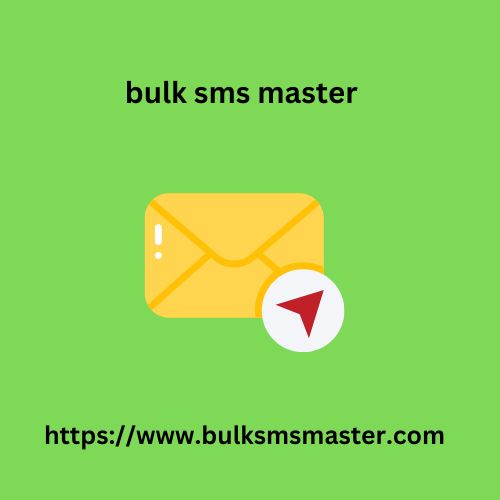1. Wide contact channels and all channels to attract customers
The Internet is not far-reaching, not only changing consumers’ shopping habits, but also making it easier for brands to set up locations around potential customers to maximize their contact with them. For example, LINE’s LINE beacon function makes good use of consumers’ mobile phone situation, uses Bluetooth transmitters to send brand messages to customer groups within the range, and directly invites customers to join the brand’s official account friends. This is a special application of digital marketing. .
2. Low cost, high efficiency and precise marketing
Compared with traditional marketing, digital marketing has a lower investment budget, but can reach consumers more effectively. Brands bulk sms master can use IG and FB fan pages to replace traditional paper DMs and TV ads, and use existing and free channels to reach more exclusive customer groups.
3. Easy to track results and integrate multiple data at once
Digital marketing is built on digital tools. In addition to synchronously optimizing the CRM system, the collected marketing data can also be used to monitor and analyze results in real time through various KPI indicators (such as click-through rate, conversion rate, return on investment, etc.) and make adjustments at any time. Corporate marketing strategy.
4. The competitive environment is balanced and small brands turn around.
Given that digital marketing has low costs and wide channels, and is more economical than traditional advertising. Small and medium-sized enterprises can compete fairly with big brands. For example, SEO search engine optimization strategies, regardless of the brand’s budget, can bring a large number of potential customers to the brand as long as they produce high-quality content.
5. Look to the future of technology and adapt to trends at any time
The foundation of digital marketing is digital and technology. If we want to continue to optimize digital marketing strategies, the introduction of technological tools such as AI and big data is an inevitable measure. Therefore, by qualified prospects and new customers for your focusing on digital marketing, brands can more flexibly cater to new technological trends, grasp market dynamics, and enhance user experience.
How to formulate a digital marketing strategy?
Digital marketing covers a variety of different digital channel marketing plans, but without integration, it is easy to get lost in large and complex data. Therefore, before formulating an execution plan, you must first decide on the core strategy and then decide on a suitable digital marketing plan.
Depending on the industry, market and bz lists business nature, brands should have different marketing strategies. The steps of marketing planning are as follows:
- STEP 1: Find out the brand value internally and analyze environmental trends externally
- STEP 2: Lock in the main market and target customer groups
- STEP 3: Integrate marketing mix
- STEP 4: Develop a marketing plan
- STEP 5: Track marketing results







